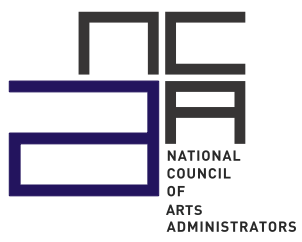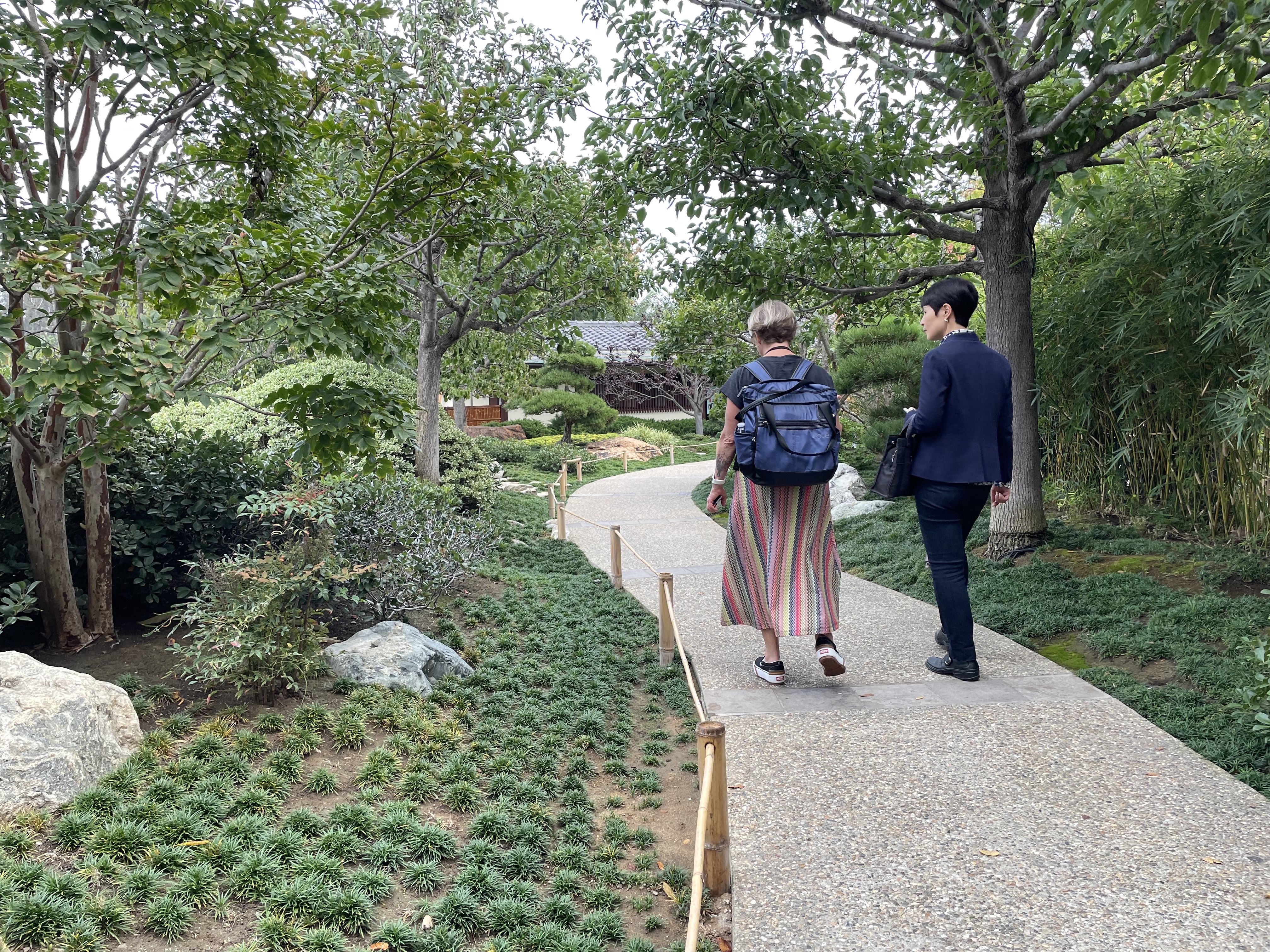|
APPLY TO BE A 2024 FELLOW
We have moved to a self-nomination process, and we want you to share this with individuals who would benefit from this opportunity. Specifically, we hope you will help us spread the word within NCAA and beyond our membership. NCAA asks that the applicant’s home institution consider subsidizing the candidate’s travel expenses should they be offered the fellowship. Acceptance of this fellowship is not contingent on such a subsidy, but accepted fellows must attend the national conference. Criteria for fellowship selection include the appropriateness of the Emerging Fellowship relative to the stage of the candidate’s career, quality and clarity of the candidate’s statement. At the end of the fellowship, participants are asked to write a short reflection on their experience which may be featured on NCAA social media or website. Participants will have the opportunity to present at the following NCAA annual conference. The deadline for application is May 31st, 2024. APPLY NOWThe Fellowship Committee: Mariah Doren Vagner Mendonça-Whitehead Joe Poshek
FELLOWS TESTIMONIALS //
Dee Miller / 2022 Emerging Arts Administrator Fellow
I'm grateful for my one-year Emerging Arts Administrator Fellowship. In addition to my mentor Elissa Armstrong's generosity with her time during our regular one-on-one meetings and candid conversations, everyone on the board and in membership was happy to provide advice, support, and recommendations. It feels as though the committee took the time to pair us with mentors whose career paths and other experiences mirrored, to an extent, the trajectories and goals of each fellow. The specificity of this attention has been critical to my own professional development and career advancement. NCAA sets a clear and collegial expectation that all conversations are held in strict confidence, facilitating a climate of trust and good will that builds invaluable friendships, fellowship, and connections between and beyond institutions. The conversations that happen over meals and on the bus are as essential as the conference sessions and workshops. Everything I learned was directly applicable to improving how I serve my colleagues with informed, strategic leadership, and healthy work-life boundaries.
Mina Cheon / 2022 Emerging Arts Administrator Fellow
It was an honor to be a fellow for the National Council of Arts Administrators. I benefited greatly from the program and the NCAA community.The mentorship I received from my mentor Jeff Schwartz was especially enriching and helpful, but I also received a great deal of attention and care from so many of the board members and beyond connected to the NCAA. The multi-tiered mentorship program provides sound support and wisdom in the path of an arts administrator in the making (hence "fellowship for emerging admin") and is truly invaluable. It all made sense to me by the time I got to reading "Management of the Absurd: Paradoxes in Leadership" by Richard Farson. By deepening relations outside of one's own college, it only helped enlighten why some things are the way they are within and made way for greater context, clarity, and understanding of the ways in which art institutions exist and thrive + how communities come together to forge the workings of the future. The best thing about the program was being able to establish meaningful relationships with incredible national and international art admin leaders in higher ed. I learned so much by being affiliated and just being around – everything from side conversations to formal conference debates, chit chats while running late and sharing rides – gave me ample takeaways that I was able to directly apply to the day-to-day at my own college.
Justin Sutters / 2022 Emerging Arts Administrator Fellow
The NCAA fellowship was incredibly timely in relation to a recent promotion to Assistant Dean of Research and Assessment at my university. I was fortunate to be paired with Colin Blake and have appreciated his genuine willingness and transparency. While during our online meetings we discussed a variety of topics, including finances, personnel issues, research, the area that was most helpful was his guidance during a recent search. After his session on diversifying faculty searches, I was able to follow up with him on specific questions I had while Chairing a committee and his insights and suggestions were invaluable. This program is of such value and I consider myself incredibly fortunate to have been selected and supported to participate in the mentoring as well as the conference. O.Gustavo Plascencia / 2017 Emerging Arts Administrator Fellow The Tucson conference was my first NCAA conference, this conference introduced me to a small group of dedicated individuals committed to the arts and its administration. I learned about their journeys from faculty members to art administrators, the journeys were diverse and full with challenges and successes, but mostly satisfying While in Tucson I was lucky to have met wonderfully knowledgeable people and new mentors. They were all very helpful, candid, and willing to lending a helping hand with every aspect of their experience with the administration of the arts and academic departments. Soon after I attended the NCAA conference Memphis College of Art, my current employer, announced that they would be closing its doors soon. The announcement was somewhat expected, but nevertheless I was dumbfounded by the news and suddenly, just like that, I found myself on the job market once more. I am confident that the knowledge and experiences I acquired during this conference will make me a stronger candidate and I’m looking forward to new opportunities where I can apply everything I learned at the 2017 NCAA conference. Audrey Bennett / 2017 Emerging Arts Administrator Fellow
|

